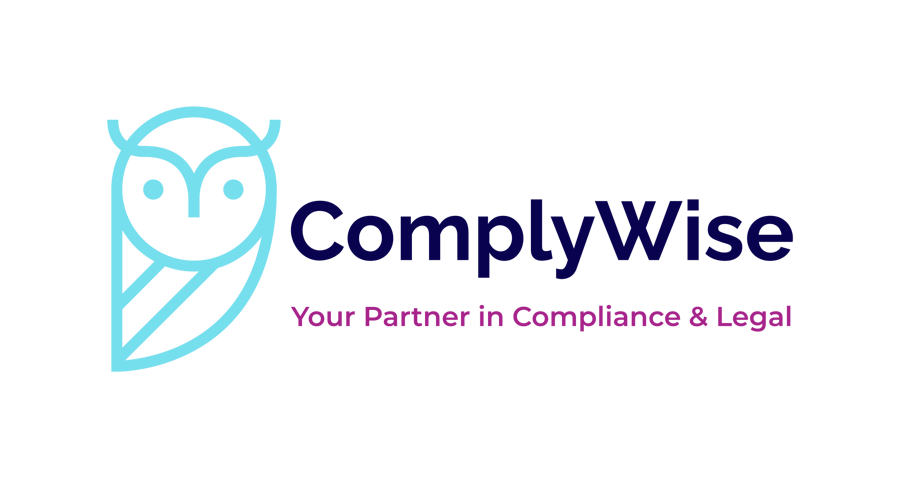Crypto Regulations | What To Avoid When Applying For Estonian Crypto License?
New crypto regulations
With the new crypto regulations, the biggest challenge for most of the companies is setting up the local management. It’s not easy to find someone you can trust, and someone who can do the necessary work, and someone who is willing to become a member of the management board.
Some businesses just want to fulfill regulatory requirements. Meaning, they don’t expect the board member to do any business development work, and ideally, have the AML officer and the board member two in one.
It’s understandable, as the goal is to reduce the costs. However, there are some Estonian service providers advertising board member and AML officer solutions which aren’t going to be sufficient nor sustainable. For example, one service provider had installed one AML officer to 28 companies under the old regulations.
By any objective evaluation, the AML officer can’t do the work that he or she has to do for so many companies.
Why Should You Avoid This Setup?
With the new regulations the FIU has a lot more playing ground on deciding whether the personnel of the applicant is sufficient. Hence, if there’s a solution advertised where one board member sits on 20 different companies, then this simply won’t be accepted anymore.
As an example, one service provider advertised a full solution – office, AML officer, and the board member for 990€ per month.
As the Estonian salary taxes make up almost 50% of the salary, then this calculation simply won’t add up. No eligible person is willing to receive a few hundred euros compensation per month for the scrutiny by the FIU and the liability of being a board member of any company. It’s likely that this person is going to sit on the board of many companies.
Imagine if you submit your application and the FIU finds the name of the same person who is already included in 20 other applications. Your whole application loses legitimacy, instantly.
Even if you manage to get a license (let’s say the board member you have will be added to 20 different companies later), it’s guaranteed to have a lot more scrutiny by the authorities going forward.
Even if you manage to get a license (let’s say the board member you have will be added to 20 different companies later), it’s guaranteed to have a lot more scrutiny by the authorities going forward.
What to understand about the regulatory changes
The new crypto regulations were enforced for a reason. The authorities want to be able to supervise the companies operating under the Estonian crypto license. If your only goal is to optimize the expenses and to avoid having a proper set-up, it’s going to be difficult to operate this business without running into trouble with the FIU. Everything is possible, but it might make sense to avoid it.
We recommend and help our clients to recruit and build a real operational office. This means that you may have to pay more for the people you’re going to hire, but these people are actually going to work for you.
Whatever you’re going to do, it’s worth thinking about. Any regulated activity requires a good relationship with the authorities, and building a proper substance is the foundation for this relationship.
If you’re looking to apply for virtual currency service provider authorization in Estonia, you can write to us at [email protected]
